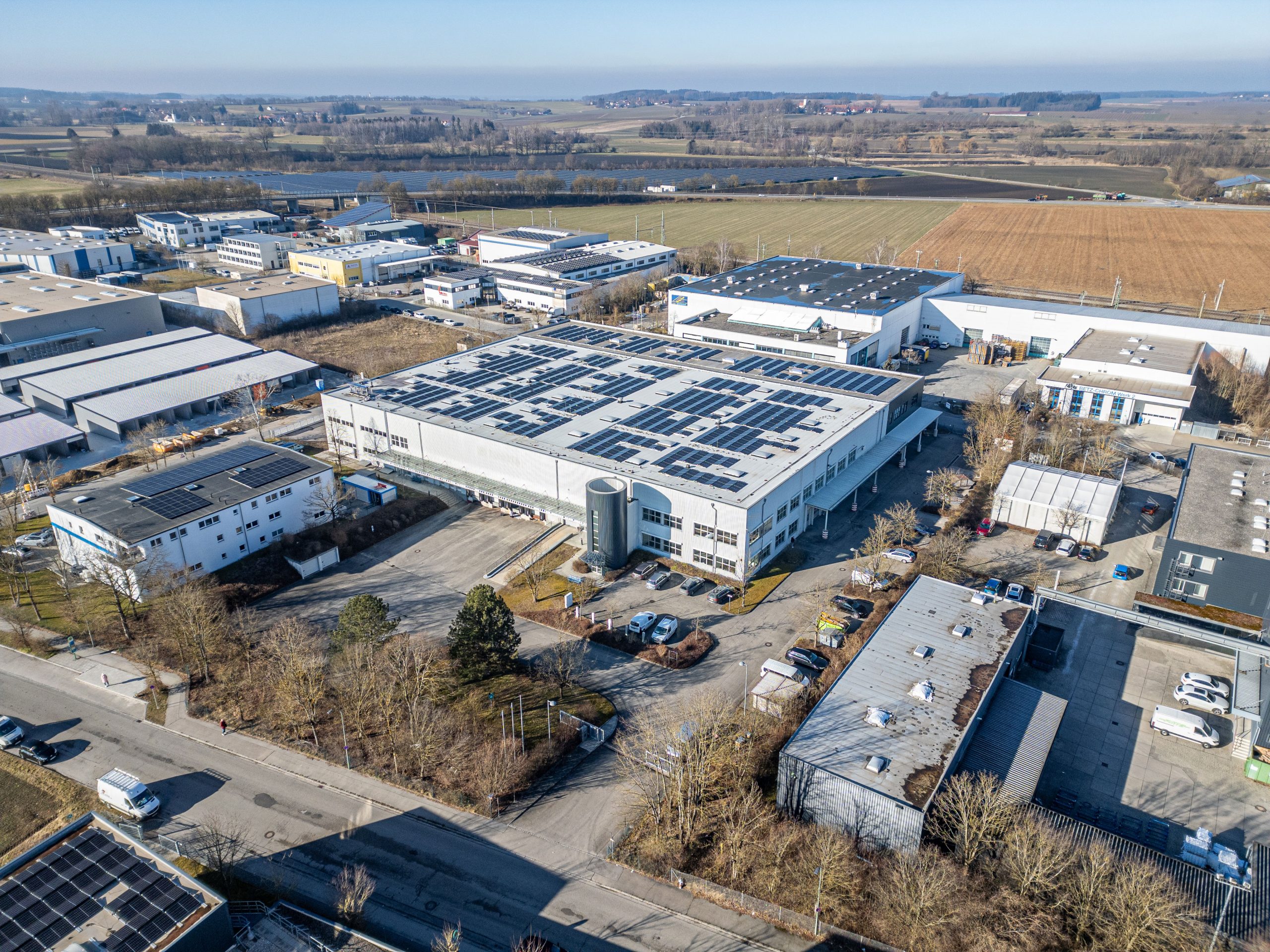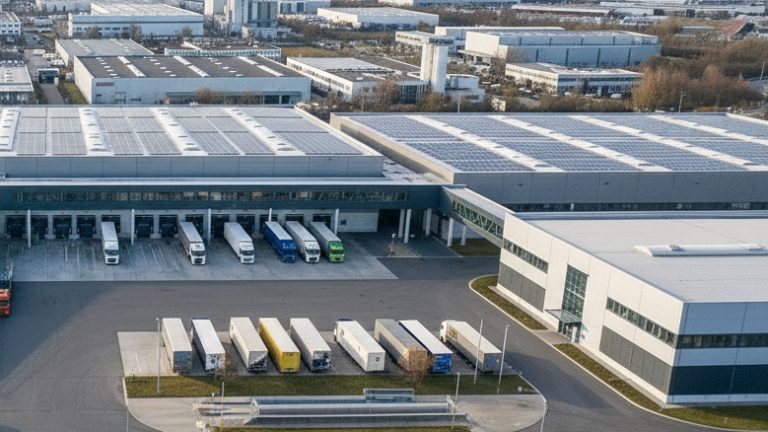Inside USA – Market commentary by Fabian Spindler, Managing Director at Jamestown US-Immobilien
After the pandemic, many U.S. city centers reached historically high vacancy rates of around 20 percent for office properties in central locations – the most dramatic phase in decades. But in the meantime, the first positive signs are emerging again, as large companies such as Amazon, JPMorgan Chase and AT&T are once again consistently focusing on office space – some with a five-day week – and are actively pushing the return to central locations. Premium properties with high-quality furnishings in very good locations are particularly in demand. Outdated office space is modernized, repurposed or demolished, so that predominantly only higher-quality and more modern space remains. These developments point to a sustainable revival of urban office locations – especially in the metropolises.
Artificial intelligence enlivens San Francisco
San Francisco, which has been associated with a high vacancy rate in recent years, is now benefiting from the dynamic development in the field of artificial intelligence (AI) – coupled with significant investments. In San Francisco alone, AI companies have received more than $103 billion in venture capital since 2020 – more than in the previous two technology booms combined.
This is also having an impact on the real estate market: Several high-growth AI companies have significantly expanded their office space requirements in a short period of time. OpenAI, for example, has rented around 100,000 square meters – further leases have already been announced.
Industry observers expect AI companies in San Francisco to demand several hundred thousand square meters of office space in the medium term. This would be a substantial revival for the local market. It is no coincidence that these companies are specifically interested in urban locations: proximity to talent, infrastructure, exchange and visibility play a central role. Office presence is not seen as a duty – but as a strategic advantage and a clear commitment to the city.
New York is back
While many other cities are still struggling with structural aftereffects, the most important key figures in New York are pointing upwards again. According to market reports, properties in Midtown and Lower Manhattan in particular have recently recorded stable demand for space again. At the same time, market values in the commercial sector have fallen significantly, in some locations even by up to 50 percent. This opens up new scope, including for conversions.
Due to the significant drop in entry prices, economically viable housing concepts are now opening up again, even in locations where this was hardly feasible in the past. In New York, numerous conversion projects are currently gaining momentum. Office buildings are being converted into residential buildings or mixed-use quarters, partly because usage behaviour in the city has changed noticeably.
This positive market development does not go unnoticed internationally. Investors from the Middle East and Europe are once again specifically examining entry opportunities in Manhattan. US investment companies such as Blackstone are also showing renewed interest in prominent properties in New York. The increased attractiveness is not least due to the combination of lower entry prices and growing demand.
Mixed-use instead of monostructures
At the same time, the general understanding of how cities are used is changing. The boundaries between living, working and leisure are becoming increasingly blurred. Inner cities with one-sided use – such as pure office districts – are coming under pressure, while mixed-use districts are becoming more attractive. In many US cities today, concepts are actively being worked on that combine office space, gastronomy, retail and public spaces in a meaningful way.
This development increases the attractiveness of urban spaces and promotes their liveliness. Today, easily accessible locations with high-quality furnishings and a mix of uses that also work outside of classic office hours are particularly in demand. This opens up new perspectives for owners and operators – especially if the portfolio is specifically geared to the changed requirements.
Stabilization with perspective
The figures also point to a positive development at the national level. Kastle Systems’ Office Utilization Index, which measures access to office buildings in ten US cities, is now stable at 50 to 60 percent of pre-crisis levels – with an upward trend. In several metropolitan regions, the demand for modern space in central locations has risen again. The decisive factor here is not a return to the old, but the adaptation to new ways of working and living.
It turns out that US inner cities are undergoing major change, which is releasing new forces in many places.
About Jamestown
Jamestown is a global real estate company that has been dedicated to creating places that foster innovation and build communities since its inception 40 years ago. The company is the market leader for closed-end US real estate funds for private investors in Germany and has already launched 39 funds for more than 80,000 investors. As of June 30, 2025, Jamestown has $14.4 billion in assets under management in the U.S., Europe, and Latin America. In total, Jamestown employs more than 600 people in 11 offices, including its headquarters in Cologne and Atlanta.
Through its vertically integrated approach, Jamestown brings a design-led and visitor-friendly approach to various types of uses, including retail, office, residential, mixed-use buildings and food-focused shopping malls. Jamestown’s current and past properties include One Times Square and Chelsea Market in New York, Industry City in Brooklyn, Ponce City Market in Atlanta, the Groot Handelsgebouw in Rotterdam and Schinkel in Amsterdam. For more information, see
www.jamestown.de
or
www.jamestownlp.com
.




